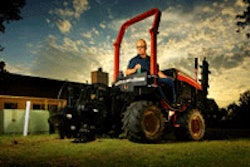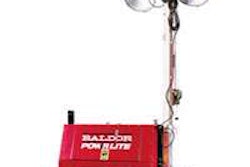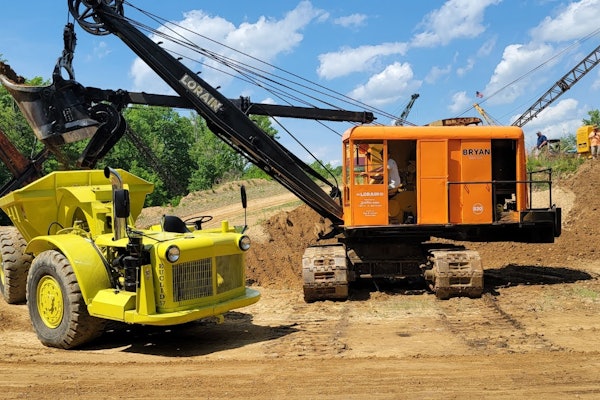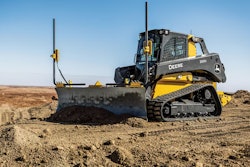 [email protected]
[email protected]
Never ask someone to explain the rules of cricket to you. It is endlessly labyrinthine. But when I was following the first day of a recent match between England and South Africa (oh, yes, first day; the big games go on for five days) one play stood out for me. That’s how cricket is, wonderfully educational and promotional of new self-insight. At least it has seemed that way to me over the years.
A South African batsman was doing quite well, scoring a lot of runs and scoring them relatively freely. But it was well into the afternoon and a tea break was approaching. A tea break. With sandwiches. How wonderfully British! Anyway, the batsman began to play cautiously, intent on getting to the break safely. Essentially his mindset, his thinking processes, his attitude, his priorities, his natural aggressive athleticism, all changed. And, playing tentatively, he was soon out.
The natural flow of a game that players are familiar with is changed in such instances. Players in any sport are adaptable to the ups and down of the game. But when a situation arises where those players are trying to get by on technical skill alone, trying to survive, laboring their way through, their instincts are not helping them. They can struggle and look very ordinary.
The highway and bridge construction industries are looking a lot like this now, struggling to operate the way they instinctively know how. Maybe it’s not instinct in this business, maybe its experience, but nevertheless the players now have to operate under circumstances that make them uncomfortable. There is too little work, a new surface transportation bill is way up in the air, the future is a profound uncertainty, stimulus money may or may not be available and the economy is still shot. Road professionals are playing a game with which they are not familiar.
The thing that bothers me is that this defensive, trying-to-survive mode may be unduly influential as time passes. Economic recovery will almost certainly be slow; steady maybe, but not rapid. In the climb-out from this economic nose-dive will contractors, and government agencies that used to be bold and even daring in taking on vital, major projects, be hesitant? Will the scars change mindsets? I’d hate to think in years hence we’ll hear people at annual meetings and conventions saying “well, it was never the same after the recession, we have to be careful.” This industry is full of larger-than-life characters making brave decisions and running with an open throttle. Here’s hoping they come roaring back after the tea break.v







